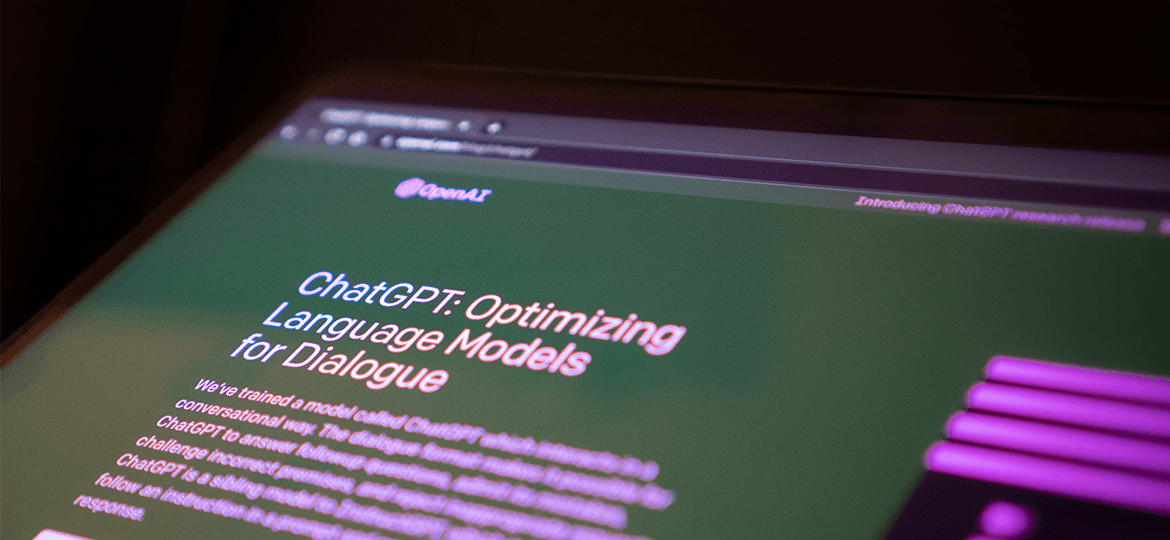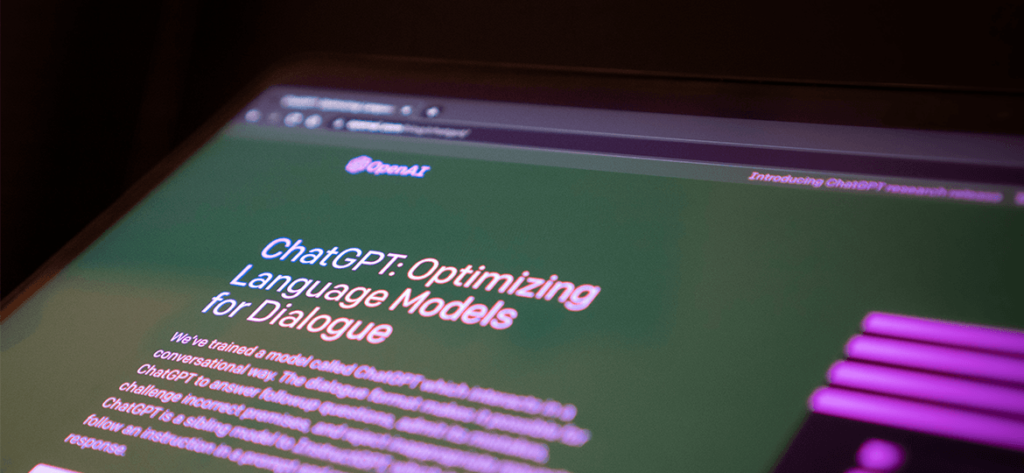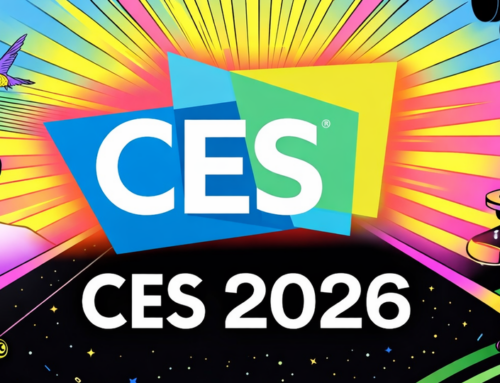May_Taiwan AIGC Analysis|Taiwan Generative AI(AIGC) Software and Service Industry Development from ChatGPT(Up)
In the previous articles, we explored the trends of AI applications triggered by ChatGPT (Generative Pre-trained Transformer) as well as the discussion of possible business models, etc. In the next article, we discuss the development of Taiwan's AIGC software and service industry after ChatGPT triggered a global conversation. Next, we discuss the development of Taiwan's generative AI (AIGC) software and service industry after ChatGPT sparked a global conversation.
Since the launch of OPEN AI in November 2022, it has attracted numerous discussions on the development of future business opportunities, job replacement, and ethical and information security issues, which are quite comprehensive and wide-ranging. In terms of business opportunities, the core of ChatGPT's operation is still the ability to train and infer AI models, and therefore there has been a lot of discussion about the related hardware and even semiconductor business opportunities. For example, Taiwan has long been the world's largest server foundry, and in the face of the soaring demand for generative AI applications, the demand for servers is bound to rise in the long run. Meanwhile, Taiwan's semiconductor industry also plays an important role in the design and manufacturing of global AI chips, such as wafer foundry leader TSMC and design service giants Creative Electronics and Wise Plains Technology, all of which can take their place in this wave of generative AI. However, although Taiwan has long been a leader in generative AI in hardware manufacturing and semiconductors, it is also doing well in software applications. This report will focus on the current development of several important domestic generative AI software and application companies.
Generative AIWith NLPBasic Overview
Before we get into the discussion of Taiwan's software and application service providers, I would like to give a brief overview and introduction of generative AI and NLP (Natural Language Processing) systems. In a nutshell, generative AI is a type of AI that uses machine learning models to study patterns in historical data to generate a variety of content such as text, images, video, audio, and even simple code. Gartner, a market research organization, listed Generative AI as the top of the "Key Strategic Technology Trends for 2022" and predicted that by 2025, Generative AI will account for 10% of all data, and ChatGPT is a form of Generative AI.
The reason why generative AI is so popular is that the backbone is the NLP system, which can be conceptually divided into two categories, one is NLU (Natural Language Understanding), and the other is NLG (Natural Language Generation). The former naturally utilizes trained patterns to understand textual content by collecting and designing relevant lexicons beforehand, and then analyzing the number of times the relevant words and phrases appear in the text and sentence in order to further comprehend the paragraph or sentence. The text of the passage can be further understood by analyzing the number of occurrences of relevant words and phrases in the passage. NLG is the successor of NLU, which further derives the corresponding textual content based on the content judgment of NLU, and requires basic logic, data, and the local structure of each country to support it. The combination of NLU and NLG is known as Transformer, which is considered as a type of migratory learning, and is conceptualized as a technique that applies the model learned for task A to the data learned for task B to continue the learning process. Previous NLP implementation steps have split comprehension and generation into two phases. In order to accomplish NLG, the industry would usually design the NLU model for the first stage, and then input the results generated by NLU into the NLG model, while migratory learning is the framework that combines the whole process together. Therefore, after ChatGPT became so popular, there are many worried people in the market who believe that if such a learning model is left unchecked, it will have a very negative impact on the future development of human beings.










